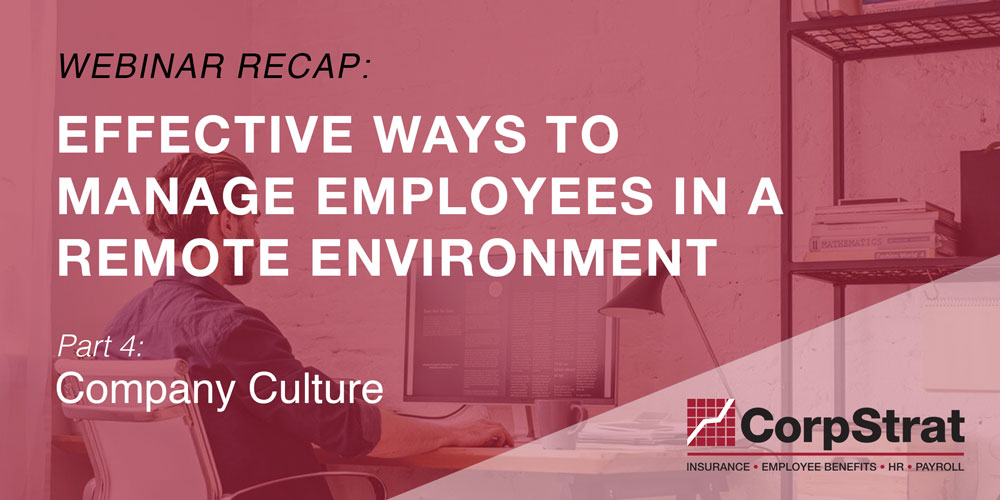Open enrollment is over, are you confident in your benefit planning for the year? At CorpStrat, we’re not just experts in Human Capital Management, we’re actually health insurance brokers first. Many employers or individuals shop for health care plans on their own, which is fine but can quickly become overwhelming. What we want to do is understand your exact situation so we can help you choose a benefit plan that aligns with your medical and financial needs.
As health insurance brokers, we’ll aid you in the selection process from start to finish. On top of that, you won’t only hear from us during Enrollment Season, we’re here to advise you all year round. We can also help you find coverage and hidden benefits that will keep you and your team healthy and happy. As brokers, we’re able to freely shop plans in the market, we’re not tied to any one insurer, meaning you can rest assured you have the right coverage for your team at the most affordable price.
Here are a few things you may have missed when benefits planning for 2021:
1. Talking to an actual human
After page 7 of browsing healthcare plan options, you may feel overwhelmed and nowhere closer to choosing the right plan for your team. This is where we as health insurance brokers can really step in and take that stress off your plate. You’ll have quick access to support, personalized recommendations, and our specialized health insurance knowledge.
2. LifeBridge
LifeBridge is an affordable, basic term life insurance policy with guaranteed acceptance. To learn more about LIfeBridge plans, please email us at marketing@www.corpstrat.com.
3. Paperless enrollment
If you haven’t gone paperless yet, 2021 is the time to make that change. Using an online enrollment system streamlines your processes, ensures nothing falls through the cracks, and makes it easier for your employees to make an informed choice.
4. Flexible Spending Account (FSA)
FSAs are a pre-tax benefit account used to pay for eligible medical, dental, and vision care expenses that aren’t covered by your insurance plan. With an FSA, as long as you have relatively predictable medical expenses each year, you can expect to save around 20-25% in taxes on every dollar you put in.
5. Extra Plan Benefits
There are often extras that carriers provide that your team may not be be taking advantage of. We can help make sure you’re not missing anything.
6. ERISA Plan Document Updates
There are various reasons why keeping your ERISA Plan Documents updated is so important. Check out our full blog post on why.
7. Open Enrollment Support
We want you to have a health insurance broker during Open Enrollment that can answer any questions you can have, help you choose the right plan, and make sure the plan you land on is executed properly. From being available by phone or email at all times to providing you side-by-side comparisons so you can evaluate different plan options, we make choosing a plan painless and easy.
8. Employee Assistance Program (EAP)
EAP is a voluntary, work-based program that provides benefits for people with real problems and no one to turn to. If an employee is undergoing personal or work-related problems that might impact their job performance, mental health, or emotional well-being, an EAP can offer confidential assessments, short-term counseling, and more.
–
To learn more about these things you may have missed in your benefits plan and how CorpStrat can help, schedule a call with us today.


